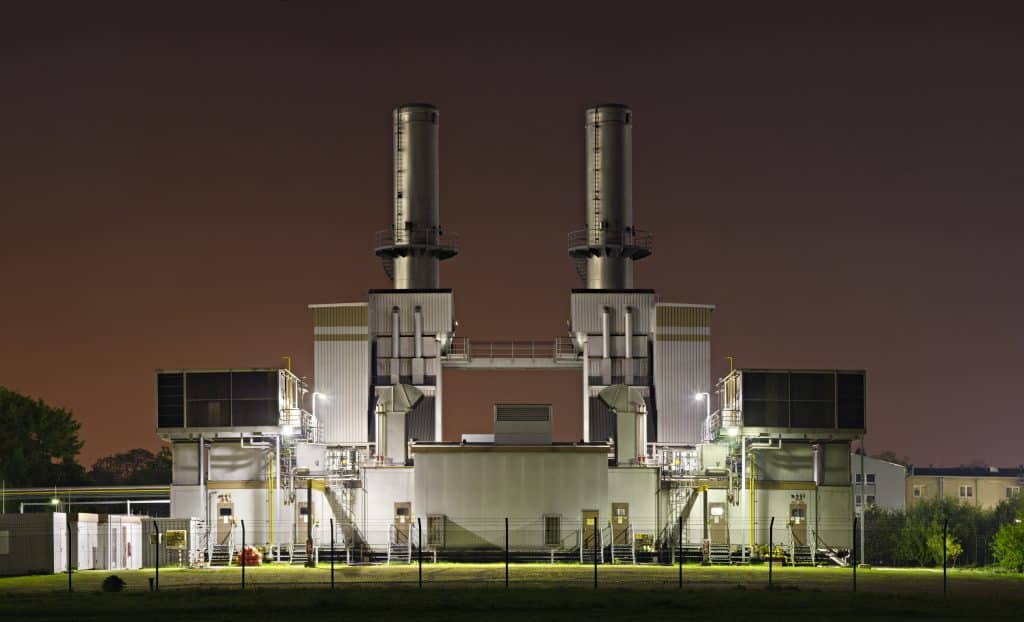Industrial Chillers
Chillers vs. Cooling Towers: Which Device Do You Need?
If your industry uses large equipment that is prone to overheating, it is likely that you need chillers and cooling towers in order to keep your equipment safe and efficient. Although chillers and cooling towers are a big investment for any company, there are many benefits to purchasing and installing a chiller for your business.
Nevertheless, deciding to invest in a chiller or cooling tower is a decision that requires much research and consideration. Depending on the size of your equipment, the type of device and the purpose of use, your cooling needs will be highly specific. In order to fulfill exactly what is needed, it is necessary to choose which type of cooling tower or industrial chiller your business needs for its machinery.
Read on to find out the kind of chiller or cooling tower your business needs!
Chiller Uses
First, let’s start with chillers. The global chillers market is estimated to be worth $9.5 billion, making it a highly lucrative industry. There are plenty of companies that will promise you that their chiller manufacturing services will fulfil your needs. The truth is, though, that you need to find out for yourself.
Chillers are highly effective in reducing the temperature of machinery that uses water or other fluid. They are commonly used in medical industries, food and beverage, factory machinery and more.
A chiller can help a business increase their safety by not allowing machinery to overheat before, during, or after use. Chillers are vital for worker safety too, as overheating machinery can cause burns and electrical fires, among other hazards. Any industrial business that wishes to assure worker safety and productivity at all times should invest in a chiller.
Chillers also range in size, meaning they are perfect for any level of industrial business, whether it is a huge factory operation or a smaller device in a local medical practice.
Cooling Towers
Cooling towers are a fantastic alternative to chillers. Cooling towers are heat exchangers that operate by being plunged into water that is overheating due to industrial machinery. The towers allow water to come into contact with cool air, forcing some of the hot water to evaporate and cooling down the overall temperature. This continues in a cycle by lowering and rising the cooling towers in a formulaic motion.
Some industries and equipment that can benefit from cooling towers are:
- HVAC: Particularly for large scale industrial HVAC operations, such as in factories, cooling towers are highly useful.
- Medical practices
- Oil and gas refineries
- Thermal power stations
- Plants that produce textiles, rubber, tobacco and other products
Cooling towers are usually used for large scale operations such as these, and are therefore less suitable for small scale operations such as individual medical machinery. Unlike chillers, cooling towers are less varied in size, making them less accessible for small companies.
Benefits of Chillers and Cooling Towers
No matter which cooling equipment you choose to purchase for your industrial business, both have similar benefits that are listed in full below. Make sure to consider all the benefits that chillers and cooling towers can offer!
Safety
As previously mentioned, without using chillers or cooling towers, your industrial business runs a high risk of equipment overheating. This can have devastating consequences, including posing a grave safety concern to workers or clients/patients nearby. Installing the right kind of cooling equipment for your machinery is crucial for keeping others safe.
Insurance
For insurance purposes, it is essential to install cooling equipment in your industrial business environment. Most corporate insurance firms will not cover accidents or damages caused by overheated equipment if the cooling advice has not been followed by the business. This means that you are required to follow manufacturer instructions closely for all your equipment that is an overheating risk.
Productivity
Without adequate cooling or chilling facilities, your industrial business will lose productivity and be inefficient. This is because large equipment such as X-Ray machines or HVAC equipment will require a cooling-off period once used, if it is not installed with cooling equipment.
This will mean they cannot be used for a portion of the day, slowing down the entire process of your operation.
Final Thoughts
Whichever type of cooling equipment is better suited to your business, you can find more information about how they work and the cost of each online. Purchasing this equipment should not be done until thorough research is conducted and industry professionals are consulted.
Make sure to reach out to a knowledgeable manufacturer before choosing your cooling equipment!
